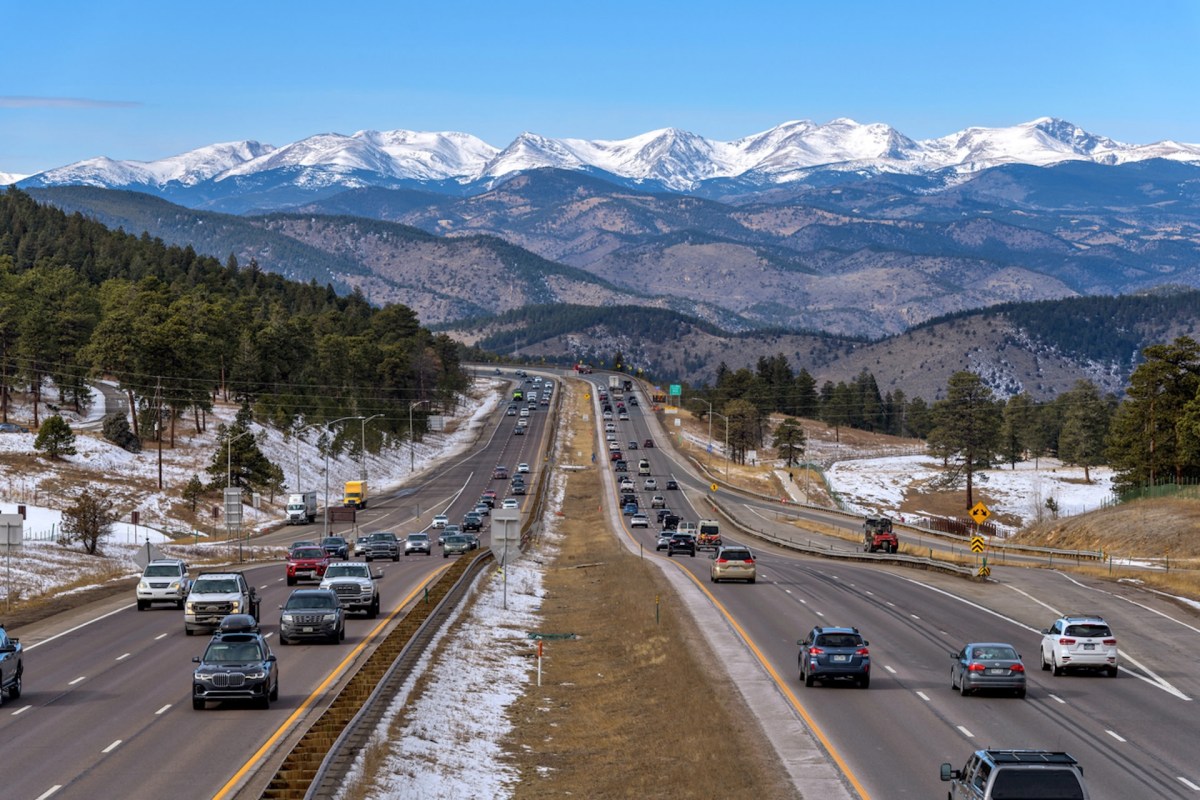Denver residents have welcomed the news that a highway expansion will be scrapped, with the freed-up funds set to be diverted to transit projects.
The Colorado Department of Transportation (CDOT) has been forced to shelve plans to widen the Interstate 25 highway, which runs through central Denver, after admitting that it lacked funds to support the project, as the Colorado Sun reported.
Analysis also revealed that the proposed expansion plan would put Denver's transport beyond the state's permitted pollution limits, which have been controlled by the GHG Transportation Planning Standard since 2021, as a Natural Resources Defense Council (NRDC) blog post explained.
🗣️ How often do you feel hopeful about the future of the planet when you read news stories or watch entertainment content?
🔘 Often 😇
🔘 Sometimes 🫤
🔘 Rarely 😢
🔘 Never 😓
🗳️ Click your choice to see results and speak your mind
The revised proposal will invest $100 million in the Bus Rapid Transit system, boosting the city's bus-based transit system with new stations, Park-n-Ride services, and bus queue bypass lanes, per the NRDC.
The money could also improve street lighting and sidewalks to increase pedestrian and cyclist safety, incentivizing sustainable modes of travel, according to the CoPIRG Foundation.
Environmental and neighborhood groups applauded the CDOT's pivot after previously sending a letter to the agency highlighting the potential negligible positive impact — and likely negative impact — of highway expansion on air quality and household transport costs, particularly for communities of color.
Other highway expansion projects have provoked similar levels of outrage from residents.
Responding to plans to enlarge the I-35 in Texas, advocacy group ReThink35 noted the heat-trapping mechanisms of asphalt, which would worsen the heat dome effect in cities already suffering from soaring temperatures.
Locals in Stockholm, Sweden, complained that installing an 18-lane highway would only attract more traffic, something that studies have confirmed.
Rather than easing congestion, adding extra lanes to highways actually increases the number of vehicles on the road, as well as noise and air pollution, according to the nonprofit RMI. The best way to decongest roads in cities, research suggests, is to invest in public transit, so long as it is made accessible to a high proportion of residents.
Reduced congestion has a knock-on effect on air quality. Removing cars from roads not only means less polluting traffic in general but also fewer traffic jams where idling vehicles emit fumes unnecessarily.
This has already been demonstrated in China where, in 2018, improved public transit reduced air pollution by 0.95, 1.53, and 0.98 million tons, respectively, in the cities Suzhou, Chengdu, and Harbin, according to the World Bank. This is a crucial finding for Colorado, where traffic contributes to some of the worst levels of ozone pollution in the United States.
Commenting on the news on Reddit, one local wrote: "This is fantastic and will hopefully inspire other states."
"More public transit funding please!" another commented. "Some high speed rail lines would be a dream come true."
"High speed rail would be harder to accomplish in the US since we are so sprawled out here, but we have to try," another agreed. "Our current infrastructure system is extremely inefficient and unsustainable."
Join our free newsletter for cool news and actionable info that makes it easy to help yourself while helping the planet.









